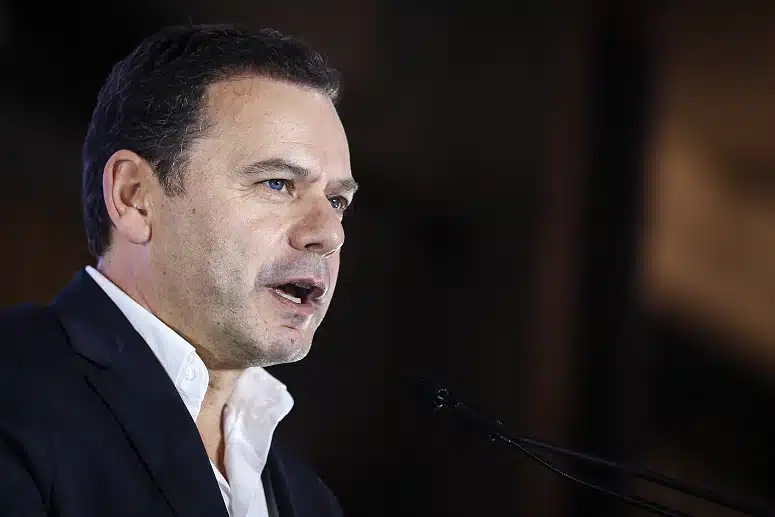Portugal “doesn't keep track of State representatives' disclosures of ...

OECD says country may have rules, but it doesn’t monitor compliance
The OECD’s latest report on corruption points out Portugal’s failings in monitoring the registers of interests of high-ranking State officials; delays in presenting political party accounts, and party funding by anonymous donations.
“Although 98% of MPs have submitted declarations of interests in the last five years, Portugal does not keep track of the disclosure of interests of ministers, high-level civil servants and/ or high-level judges,” reads the organisation’s anti-corruption report.
The OECD concedes that Portugal defines the circumstances and relationships that can lead to conflict of interest situations for public officials, as well as institutional responsibilities, compliance and verification procedures for declarations of interest, but “does not promote the monitoring of these interests”.
As for the financing of political parties, the report states that Portugal prohibits contributions from foreign States, foreign companies and public companies, but anonymous donations are allowed within a certain limit.
According to the document, all political parties submitted election-related accounts within the deadlines set by law for the last two electoral cycles.
“However, not all political parties have submitted annual accounts within the deadlines set by national legislation during the last five years.”
Compared to OECD standards on public information – which include access to information and open data – the report states that Portugal fulfils 89% of the criteria in terms of regulation and 65% in practice, compared to the OECD average of 67% and 62% respectively.
In terms of auditing corruption risk, the OECD says that “although regulations for the implementation of internal control are applicable to all government institutions, there are no established definitions of internal audit and internal control that are applicable in all government institutions”.
The document also said that although all organisations are covered by internal audit, only 39% have been audited in the last five years and have adopted 84% of internal audit recommendations, “but have only implemented 56%”.
The National Anti-Corruption Strategy 2020-2024 contains strategic objectives to mitigate integrity risks in human resources management, public financial management, internal control and risk management, public procurement, and the private sector and to reduce fraud in the public sector. However, although the strategy includes indicators at the level of results for public integrity objectives, it does not establish target values for these indicators and does not include the identification of existing risks to public integrity.
Equally, while the strategy has a publicly available action plan in place – which includes objectives with specific outcome indicators, baseline targets and a list of activities – the there is “no monitoring report” on this action plan, concludes the OECD’s report.
Source: LUSA


 United Kingdom
United Kingdom Argentina
Argentina  Australia
Australia  Austria
Austria  Brazil
Brazil  Canada
Canada  Germany
Germany  Ireland
Ireland  Italy
Italy  Malaysia
Malaysia  Mexico
Mexico  New Zealand
New Zealand  Poland
Poland  South Africa
South Africa  United States
United States 





















